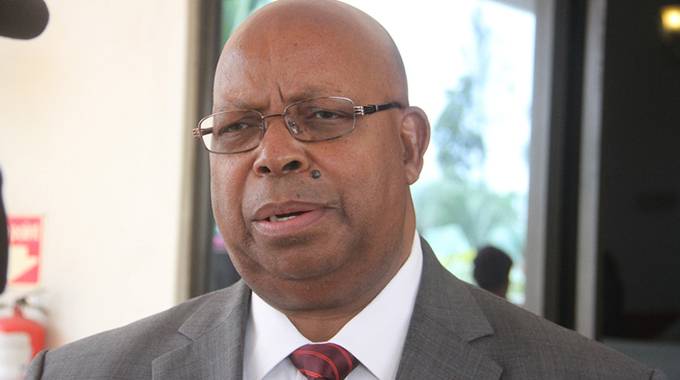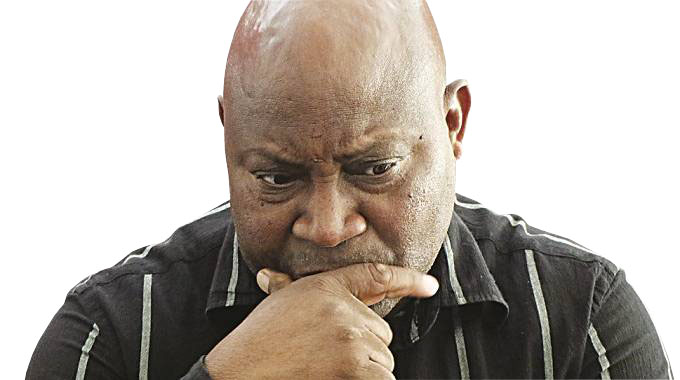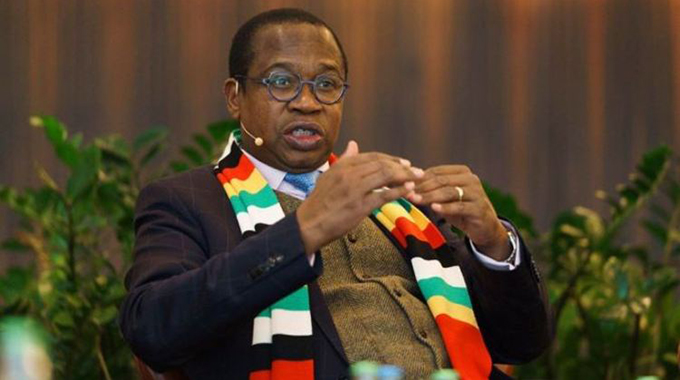Editorial Comment: Women’s Parly quota system extension progressive

The gender equality narrative often evokes different emotions and reactions whenever it is tabled for discussion at different forums and spaces.
In spaces where patriarchal remains deep-rooted, concerns are often raised on whether gender equality will indeed promote and push for equality, or it means that men will eventually lose out — on power, influence, impact, authority, control, and economic opportunities.
However, reality and experience have actually shown that gender equality is not about emasculating men. It is actually intrinsically linked to sustainable development and is vital to the realisation of human rights for all.
It is in the same vein that the Speaker of National Assembly Advocate Jacob Mudenda and other like-minded individuals have called for the continued empowerment of women in political systems.
The commitment shown to date by Adv Mudenda, working with a coterie of stakeholders, in promoting women’s empowerment by calling for the extension of the women’s parliamentary quota system beyond 2023 is commendable and needs to be supported across the political divide.
Speaking at the launch of the Women’s Parliamentary Caucus photo book in Harare last week, Adv Mudenda reiterated his commitment to the extension of the quota system, arguing that proportional representation enriched parliamentary debates and had helped in mitigating gender stereotypes.
Such accolades coming from the leader of Parliament provides a soft landing for women who should now take the discussion further by strongly lobbying for the extension of women’s proportional representation from all angles.
Already, most political parties are congruent that the two terms provided for in the Constitution were not enough to increase representation of women in politics.
It would have been too ambitious to expect a jump in the redress of historical imbalances and the collapse of physical structures stalling the political progression of women in just 10 years, hence the need to expand the women’s quota lifespan with at least another two terms.
Suffice to say, notable progress was recorded that saw a significant increase from a female representation of 15 percent in the 2008 Parliament, to the current 34 percent from both the Lower and Upper House, following the implementation of the proportional women representation quota as stipulated in the Constitution.
With such figures and the encouraging support from the Speaker, the immediate task, is to start lobbying for the amendment of the Section 124 so that it can be extended for another period. Section 124 touches on proportional representation to ensure that women are exposed to political leadership, and in the process gain confidence, while encouraging their peers to venture into politics.
Women will need to lobby as one united front and put aside different political ideologies to achieve a consensus and ensure the successful amendment of the Section.
The amendment of the Section will give them outright assurance that they will contest in their numbers come 2023.
Otherwise, with no legal basis to hinge their gender equality campaign on, the majority of female political aspirants could find themselves in political Siberia.
On the other hand, political parties would need to establish structural systems within their organisations to promote and nurture political participation of women across, rather than confine them to the women’s wing, as is the current set up.
Instead of playing to the gallery and paying lip service to such a noble cause, political parties would need to uphold further the interest of their female members in line with the global trends that now support engendered leadership.
Once the amendment of the Section and compliance from political parties have been done, stakeholders imbued with gender equality in political parties can take a leaf from Minister of Information, Publicity and Broadcasting Services Minister Monica Mutsvangwa’s words of wisdom when she called for the nurturing of young girls into considering politics as a career, to ensure continuity.
Society or women in particular should begin to socialise their children to become the change they want to see when they grow up, after ensuring solid legal basis they need to push gender equality in politics.
It is the socialisation, stupid!
The gender roles that a child learns set the tone for the child later on through life and make it increasingly difficult for a child to later change their thought processes.
Tomorrow’s female political leaders need to be nurtured today.








Comments